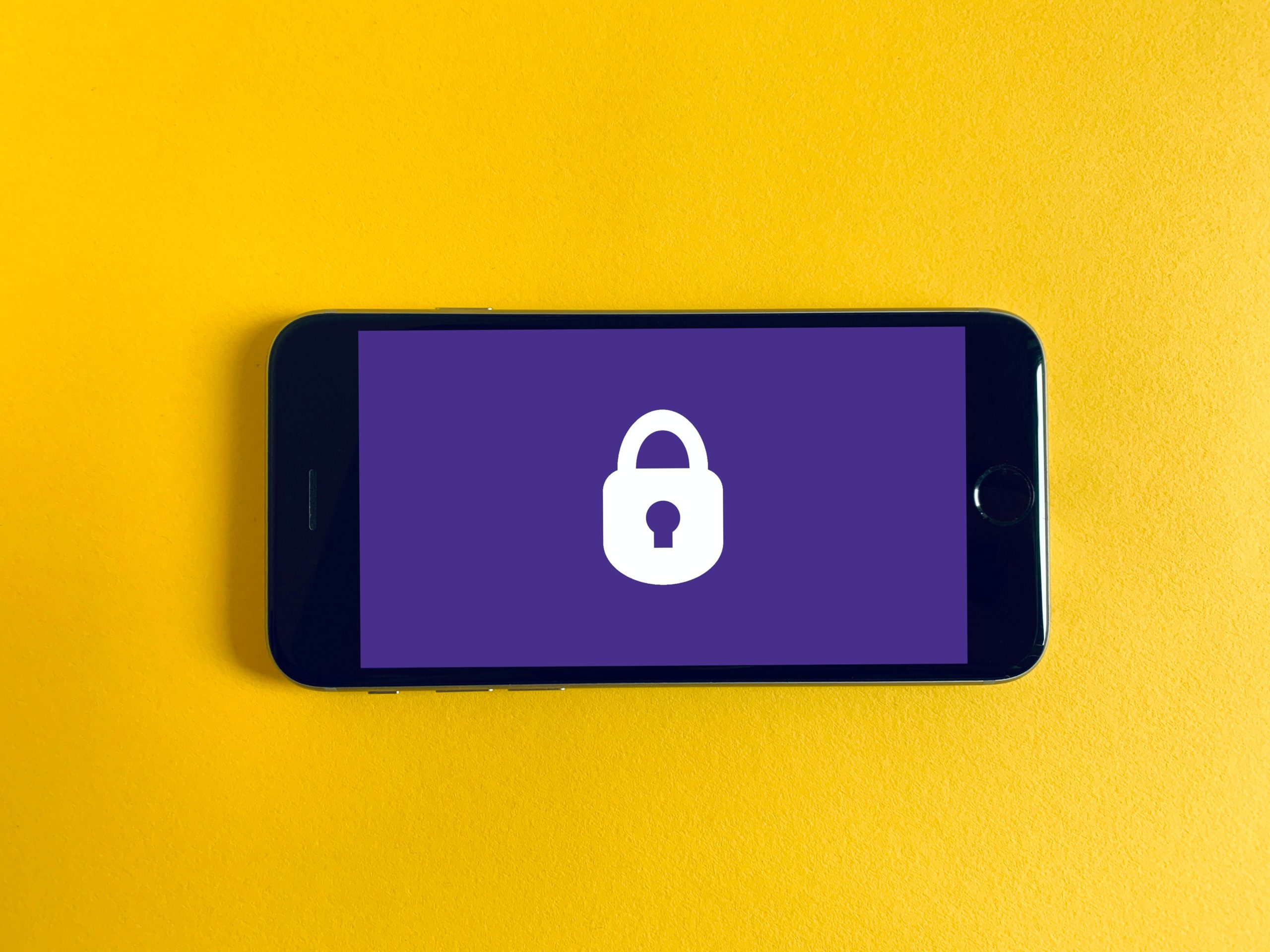Reasonable Security: Implementing Appropriate Safeguards in the Remote Workplace
Photo by Franck on Unsplash
In 2020, with large portions of the global workforce abruptly sent home indefinitely, IT departments nationwide scurried to equip workers of unprepared companies to work remotely.
This presented an issue. Many businesses, particularly small businesses, barely have the minimum network defenses set up to prevent hacks and attacks in the centralized office. When suddenly everyone must become their own IT manager at home, there are even greater variances between secure practices, enforcement, and accountability.
“Reasonable Security” Requirements under CCPA/CPRA and Other Laws
Under the California Consumer Privacy Act (CCPA), the implementation of “reasonable security” is a defense against a consumer’s private right of action to sue for data breach. A consumer who suffers an unauthorized exfiltration, theft, or disclosure of personal information can only seek redress if (1) the personal information was not encrypted or redacted, or (2) the business otherwise failed its duty to implement reasonable security. See Cal. Civ. Code § 1798.150.
Theoretically, this means that a business that has implemented security measures—but nevertheless suffers a breach—may be insulated from liability if the security measures could be considered reasonable measures to protect data. Therefore, while reasonable security is not technically an affirmative obligation under the CCPA, the reduced risk of consumer liability made reasonable security a de facto requirement.
However, under the recently passed California Privacy Rights Act (CPRA), the implementation of reasonable security is now an affirmative obligation. Under revised Cal. Civ. Code § 1798.100, any business that collects a consumer’s personal information shall implement reasonable security procedures and practices to protect personal information. See our CPRA unofficial redlines.



